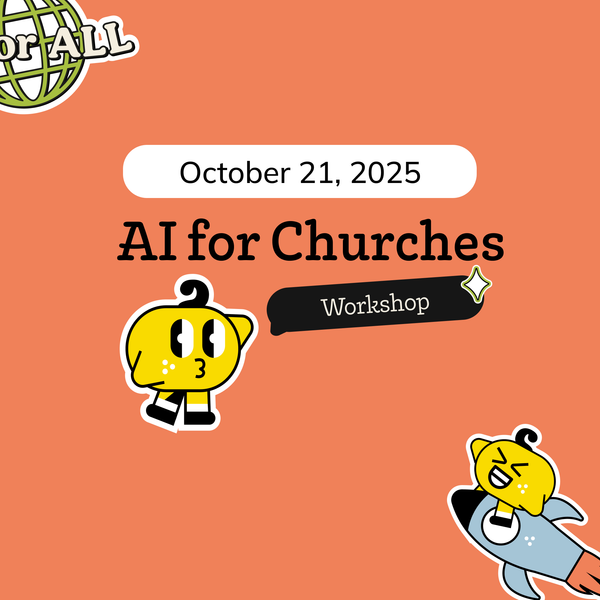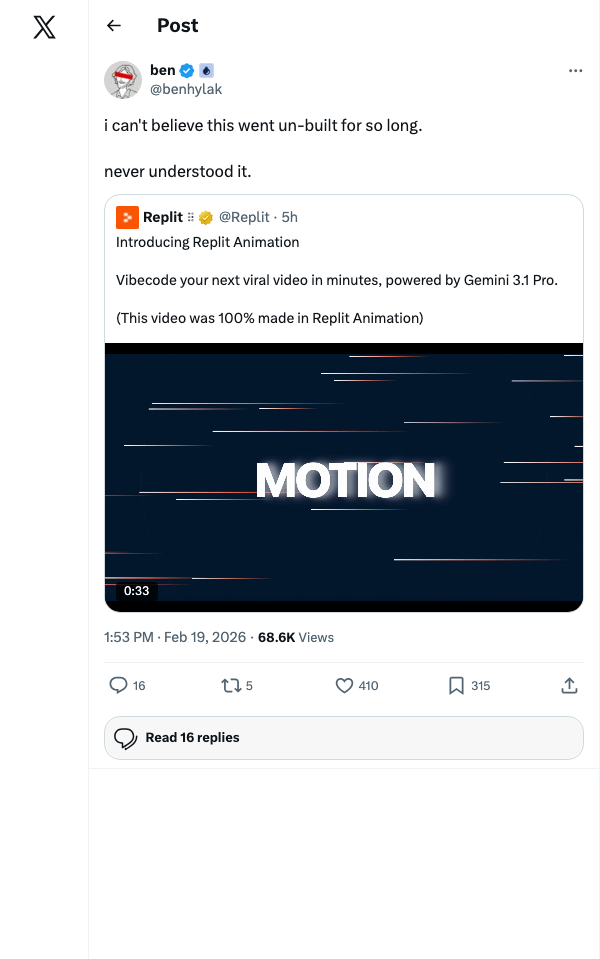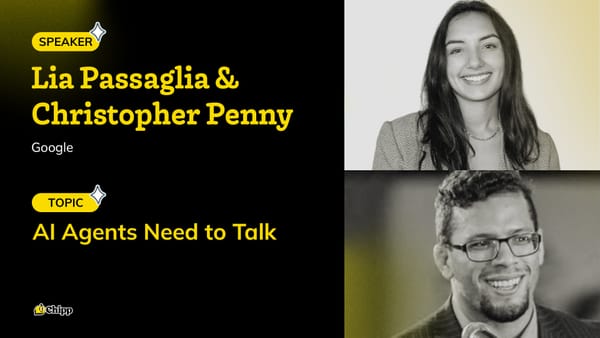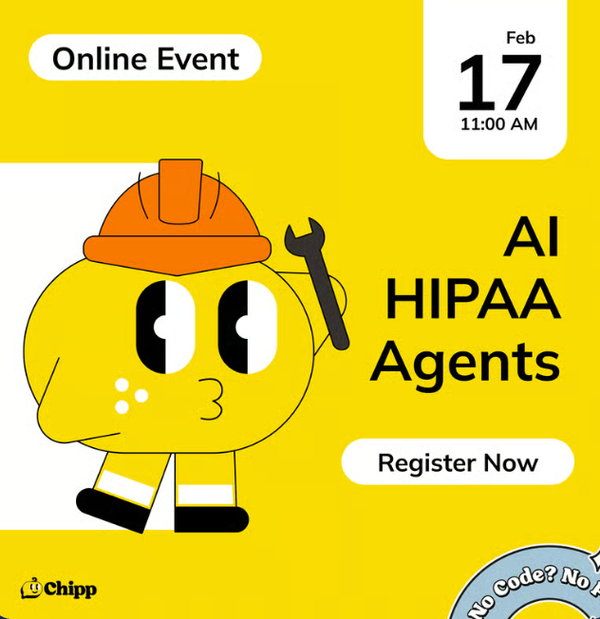We gathered online with church leaders, ministry professionals, and nonprofit workers to explore how AI can enhance ministry work without losing the human touch.
Our speakers, Don Barger (Director of Innovation and AI at the International Mission Board) and James from Biblica, shared insights from their real-world experience using AI in faith-based organizations.
Watch the full workshop recap below:
If you missed the live session or want to revisit the conversation, here are the biggest takeaways that can help your church or ministry start using AI thoughtfully and effectively.
AI Ideas from Attendees
We kicked off this session asking attendees for how they're integrating AI. Here were some of the top ideas:
- Building AI agents to help staff and volunteers access organizational knowledge
- Daily phone call agents with agenda management for elderly parents
- Creating sermon presentation slides
- Bible study tools with concordance and translation features
- Generating Sunday school coloring sheets
- Linking scripture to original Hebrew and Greek texts
- Multi-agent tools for ministry client management
- Building custom dashboards in BI tools
- Strategic planning assistance
- Developing business case strategies for AI implementation
The Faith Bot Story: From Small Group Question to 150,000+ Users
Don Barger shared how Faith Bot started from a simple moment in his church small group. When the leader said something theologically questionable, Don quietly checked it using an AI tool he'd been building. After the meeting, he gave the leader an NFC card that opened Faith Bot, a chatbot that answers faith questions grounded in scripture.
The growth was unexpected. After giving out 150-200 cards at a conference, they had 3,000-4,000 users by week's end. Today, Faith Bot has over 150,000 users across dozens of languages, from English and Spanish to Burmese and Shona.
The key insight? The best AI tools solve simple, real problems. Don wasn't trying to build something massive, just help his small group leader teach with confidence.
Breaking Down Language Barriers: Biblica's Journey
James from Biblica explained how quality Bible study resources can cost $60-100 and are often only in English. That's a huge barrier for pastors in places like Cairo or Cape Town.
Biblica created study notes at a third-grade reading level, released them in Creative Commons, and built AI chatbots trained on these materials. They launched in English, Spanish, and Hindi just one week before today's workshop.
The results? Over 20,000 conversations in the first week.
What made this work:
- Keep it focused: Built specifically for Bible study, nothing else
- Short responses: 5-10 sentences instead of long paragraphs
- Use your own content: Pulls from Biblica's translations, not random internet sources
- Launch and learn: "It doesn't have to be perfect," James said. Real user feedback beats months of perfectionism.
Understanding AI Privacy Without Getting Technical
Scott walked us through four levels of privacy protection:
Level 1: Turn off training - Make sure your AI provider isn't using your data to train future models. With Chipp, it's off by default.
Level 2: Zero data retention - Some providers (like Anthropic) automatically delete your data after 30 days. Others like Google can ensure your data is never saved. This is available on the Chipp Business Plan.
Level 3: Private infrastructure - Applications like Chipp can be deployed into an organization's cloud. This gives the IT team more control and separates the data from other users. With this level, users still use public models from OpenAI or Google.
Level 4: Fully private AI - Organizations can choose a completely private model that never sends data outside their environment. Both Don and James do just this. They work with Chipp and their partner Prediction Guard. With this privacy level, the model itself runs in your cloud and is an open-source model (which counter-intuitively means it is more private).
Real Church Applications That Are Working Today
Don shared tools from his Church HQ bundle that churches are actually using:
Sermon Research Pro helps pastors explore where their topic appears in the Bible and test their thinking, without writing sermons for them.
Engaged Lostness Series creates personas so you can practice sharing your faith with people from different religious backgrounds.
Faith Bot is being printed on NFC cards and handed out at events so people can ask faith questions anytime.
Other applications mentioned: conference chatbots, grant writing assistance, church planter vetting tools, and legislative tracking for advocacy organizations.
How to Get Started Even If You're Not Tech-Savvy
Our speakers shared some good advice:
- Start with one specific problem - Don't build a "do everything" AI. Create one specialized tool that does one thing excellently.
- Use examples, not just instructions - Show the AI good and bad responses. It learns better from examples.
- Test it by trying to break it - James asks ChatGPT to generate questions designed to break his chatbot.
- Hard-code sensitive responses - For topics like self-harm or doctrinal questions, don't let the AI improvise.
- Be willing to fail - Don emphasized that innovation requires trying things and learning what works.
- Monitor conversations at first - Use tags in Chipp to flag sensitive topics so you can review responses.
Will AI Take Jobs?
AI will take some jobs, but he provided important context. Sixty percent of jobs today didn't exist in 1940. Technology has always caused shifts in the job market.
AI excels at repetitive tasks, processing large amounts of information, and filtering data. However, it falls short in areas like pastoral care, spiritual discernment, creative teaching, and building authentic relationships.
Don offered a helpful comparison. Just as a pen is a tool that can be used for good or harm, AI is simply a technology. The responsibility lies in using it ethically and intentionally.
Building Trust in Your Congregation
Don and James emphasized starting small and letting people experience it firsthand. When someone uses Faith Bot to get a helpful answer, they think about its usefulness rather than feeling scared of the technology.
James mentioned getting leadership buy-in at Biblica was crucial before public launch. The key is showing, not telling. Let people try something practical, then expand as trust builds.
The Voice AI Revolution
At the end of the workshop, Scott demoed Chipp's new voice feature. Now you can speak to Faith Bot on the phone or website instead of typing. Natural conversation, no robotic pauses, responses grounded in scripture. This feature launched today.
Your Turn: Getting Started with AI in Ministry
Ready to explore AI for your church? Here are your next steps:
- Try Faith Bot yourself
- Identify one specific problem in your ministry
- Sign up for Chipp (free for your first 1,000 chats)
- Test with a small group before rolling out widely
- Learn from feedback and iterate
The churches seeing success aren't waiting for perfect understanding. They're starting small, learning as they go, and letting real ministry needs guide their strategy.
Join Us for More AI Insights
Want to stay updated on how churches and ministries are using AI effectively? We share workshops like this one, practical tutorials, and the latest AI news relevant to ministry work.
Subscribe to our blog to get recaps, lessons, and strategies delivered to your inbox. Whether you're just getting started with AI or already building tools, we're here to help you use technology to amplify your mission without losing the human heart of ministry.




